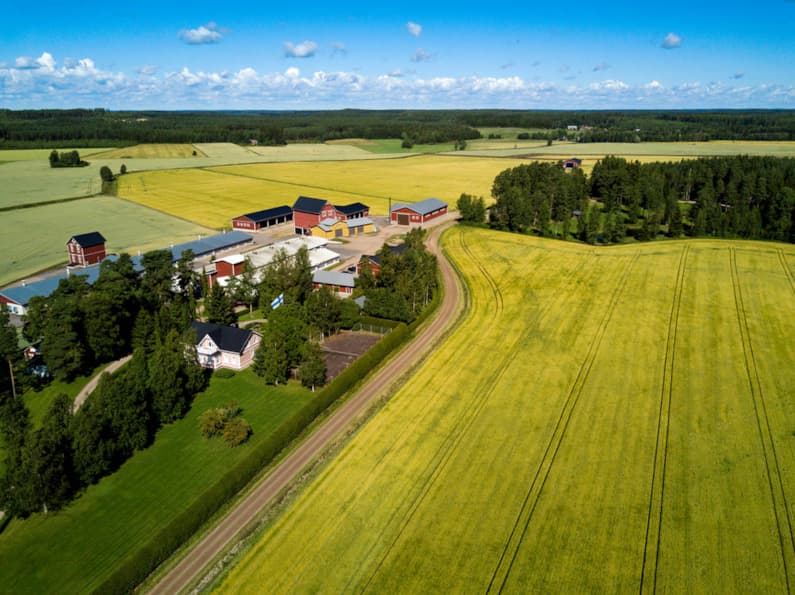HKScan Corporation, Press release, 25.9.2019 at 9.00
HKScan is building a new model to its value chain, in particular to its contract production. The new model enables HKScan to correspond to the current market demand better than before. The new model will primarily address new consumer and customer expectations related to sustainability and transparency, while also striving to improve the productivity of the entire value chain. HKScan will invite experts from various fields to take part in the contract production development.
HKScan CEO Tero Hemmilä comments: “We have been collaborating with our contract producers for many decades developing systematically the meat value chain. To develop our contract production further and to build a more structured model to meet changing market needs, we are now introducing the Agrofood ecosystem. With this model we aim to contribute to the sustainability and transparency of our meat value chain, to improve productivity, to safeguard competitiveness, and to further improve animal welfare. The efficient utilization of digital tools and more intensive collaboration with external partners has also a significant role.
HKScan is a significant meat and food company in its key markets, which comprises Finland, Sweden, the Baltic region, and Denmark. The company is involved in close collaboration with over 7,500 contract farmers and meat producers, procuring a total of approximately 400 million kilograms of meat raw material annually.
The new Agrofood ecosystem is a significant step towards more sustainable food production. HKScan will invite various companies to take part in developing the ecosystem from fields such as field cultivation practices and crop production, feeding, new energy solutions, transport and logistics. The Agrofood ecosystem will be a close-knit network pooling the knowledge of specialized companies and primary producers and optimizing their know-how with the aid of sophisticated technology and digital tools. HKScan aims to adopt best practices as extensively as possible across all its key markets in the Baltic Sea region. The meat chain’s sustainability work will be spearheaded by efforts to reduce carbon footprint, in which crop agriculture plays a key role. All steps taken to improve the ability of cropland to absorb carbon in the soil are of key importance in efforts to reduce carbon footprint. HKScan Agrofood-ecosystem belongs to Business Finland’s Food from Finland programme.
The creation of the Agrofood ecosystem will begin in Finland with pilot projects in the Kariniemen® poultry and the HK Rypsiporsas® (Omega-3 pork) chains. The responsibility footprint of Nordic livestock production is already low by international standards. According to a recent study by the VTT Technical Research Centre of Finland Ltd, the carbon footprint of HK Rypsiporsas® (Omega-3 pork) is significantly lower than that of other European pork.
For further information:
Ulf Jahnsson, Director, Animal sourcing & primary production, tel. +358 400 784 193
Media contact:
HKScan Media Service Desk, tel. +358 (0)10 570 5700, email communications@hkscan.com
HKScan Corporation is a publicly listed meat and food company with over one hundred years of experience in responsible Nordic food production for customer and consumer needs. HKScan’s sustainable way of operating spans the entire value chain, from farm to consumer. Our nearly 7,200 professionals ensure our promise of high-quality products that taste good. Our home markets cover Finland, Sweden, Denmark and the Baltics. Our diverse product selection includes poultry, pork, beef, and lamb products as well as charcuterie and meals. The company’s strong consumers brands are HK®, Kariniemen®, Via®, Scan®, Pärsons®, Rakvere®, Tallegg® and Rose®. In 2018, HKScan’s net sales were EUR 1.7 billion.

